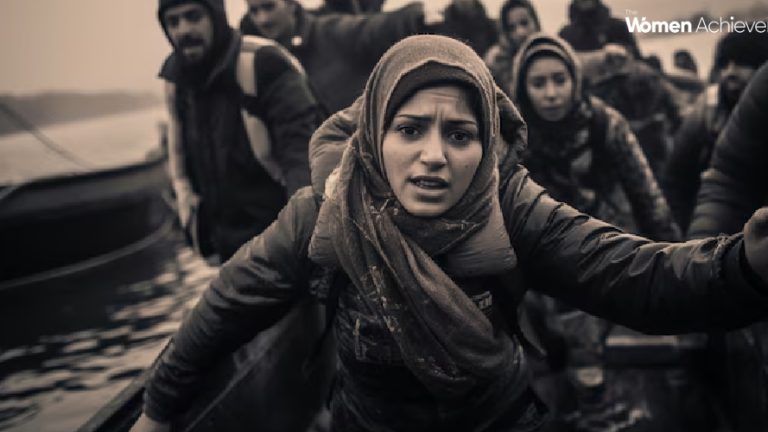28,000 Women and Girls Murdered in Gaza: A Demand for Justice the World Can’t Ignore
Behind the rhetoric and the headlines, in the background of war, are the heartbreaking statistics that need to awaken the conscience of humanity. Over 28,000 girls and women have been murdered in Gaza – a powerful figure that speaks not only of lives lost but of a lost generation. They are not figures. They were students, doctors, mothers, daughters, teachers – each with a dream, each with a tale, each with families who mourn them.
The Human Toll of War
The conflict in Gaza has ruined civilians out of proportion, and women and children most of all. Homes flattened, hospitals shelled, whole neighborhoods flattened, the “collateral damage” exception has been weirdly normalized. The Geneva Conventions, international laws meant to safeguard civilians during war, were created for this purpose — but those to be saved are being killed.
Why Are Girls and Women Under Attack?
Although not all of them are deliberate, the magnitude of loss immediately provokes questions regarding the character of war, force, and responsibility. In almost all instances, the absence of safe areas, insufficient notice, and indiscriminate shelling have caused large numbers of casualties. Women and girls, who have been both caretakers and backbone of societies in the past, are being slaughtered at a rate that undermines institutional disrespect for life.
The International Response: Condemnation Without Consequence?
There has been international outrage across the board – from street demonstrations in capitals to appeals by human rights groups such as Amnesty International and the UN. But there is little action taken. Resolutions are bogged down in international bodies. Investigations are threatened but never seriously undertaken. Justice, for the families and victims, remains elusive.
Will Justice Ever Be Served?
This is not a question that just haunts Gaza, but the entire international system that claims to promote human rights. There can never be accountability and justice without it, and violence only goes on increasing. Justice isn’t about prosecuting at international courts; it’s about acknowledgment, compensation, and repairing and preventing future atrocities.
If 28,000 women and girls’ murder is met with silence, what message does that convey to the world? That there are lives that are more expendable than others? That justice is biased?
Conclusion: Justice starts with acknowledgment. The world must hear more from survivors, demand open probes, and finance activists on the ground. Most importantly, it must leave performative outrage behind and head towards actual change.






Add comment